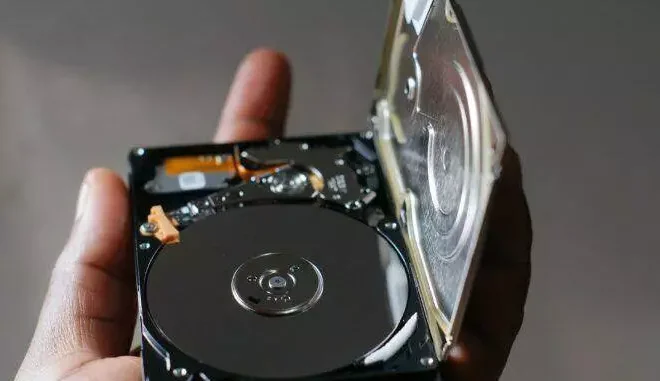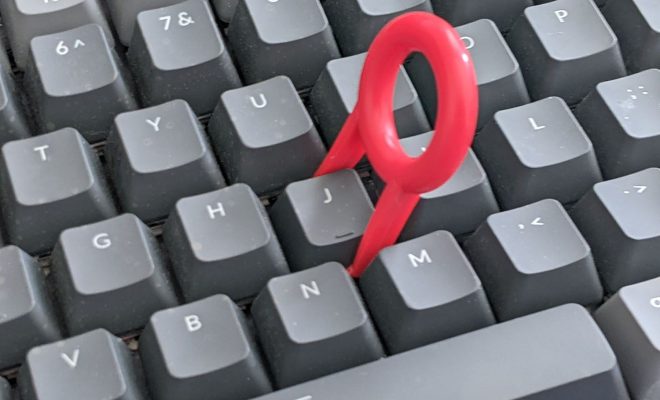Should You Partition Your Hard Drive? The Pros and Cons

A partition is a division of the hard disk drive (HDD) that acts as separate storage or volume. When you partition your HDD, you create two or more logical drives out of the physical drive, and each partition act as a separate entity. There are many debates on whether or not to partition your hard drive, as there are pros and cons to both sides. In this article, we will discuss the benefits and drawbacks of partitioning your hard drive.
Pros:
1. Organized Storage: Partitioning your hard drive allows you to keep different types of files in separate partitions, which makes them easily accessible. For instance, if you are a graphic designer, you can keep all your files and software in a separate partition.
2. Space Management: Partitioning your hard drive can help in managing space efficiently. With separate partitions, you can allocate space for different tasks according to your needs. You can create one partition for your operating system and software, one for your media files, another for your documents, and so on.
3. Backup: With partitioned hard drives, you can create a backup of your data, and in case one partition fails, you can recover data from the backup. Having separate partitions ensures that your data is safe, as there is no need to backup your entire HDD, but only the partition that has critical data.
Cons:
1. Reduced Performance: Partitioning your hard drive can affect the system performance. The speed of accessing data from a partitioned drive is slower than that from a non-partitioned drive. The read/write heads of the HDD will have to move to different partitions, which slows down the overall performance.
2. Wasted Space: When you partition your hard drive, you have to allocate a specific amount of space to each partition, and this can result in wasted space. Depending on the size of the files, one partition may fill up faster than another, leaving unused space in the other partition.
3. Complicated Management: Managing partitions can be challenging, especially if you frequently create and delete partitions, or re-allocate space from one partition to another. This can lead to errors or data loss if not careful.
Conclusion:
Partitioning your hard drive has both advantages and disadvantages. If you have a large HDD and need organizsed storage and efficient space management, partitioning enables you to create logical drives for different files and programs. However, if you need to maximize speed, then use a non-partitioned drive. So, before making a decision, it is essential to consider your specific needs and requirements to determine whether or not partitioning your hard drive is appropriate.






